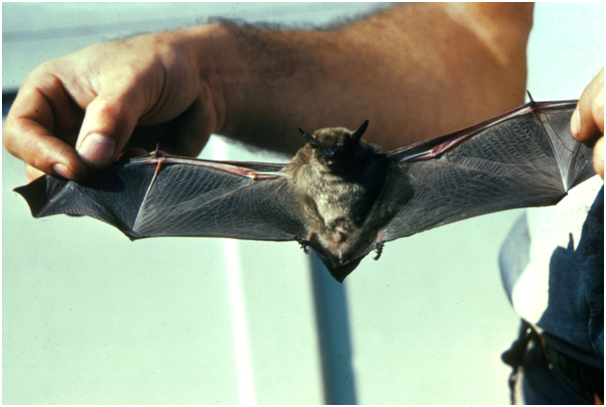I’ve Got Bats in My Eaves – What Can I Do?
Never mind rats in the kitchen, what about bats in the roof? Perhaps you have become the not-so-proud owner of some unwelcome guests in the eaves. Perhaps also you are not the greatest admirer of the natural world in general.

The issue of bats is more complicated than that of other pests. Bats are not pests and are protected under the Wildlife and Habitat Conservation Act.
Bat Facts
Bats don’t want to live in your roof. Unfortunately, their natural habitat has been significantly reduced. Also, their reputation as pests and vermin requiring nuisance bird management is undeserved.
They cause little structural damage to property, and contrary to opinion, there has never been a recorded case of rabies in rat droppings.
They are mammals. They only have one young per year. Droppings are dry and crumble to dust. They leave the roost in winter months to hibernate, returning the following spring. Most importantly, they eat insects.
British bats are very small, with the largest being 8.2cm long, and so they can enter you roof easily. Broken tiles, loose cladding or guttering all provide entry points for bats. They prefer the small narrow cavities such as roof joists, coping stones and the eaves.
Bats are mostly detected from May to September. They can be seen flying at dusk, and if they are in your roof, you may hear some chatter from the young at dawn as the adults return from feeding.
Advice for Bat Control and Preservation
There are regulations in place to protect bats. You cannot simply remove or eradicate them. If you wish to carry out any building works where bats are roosting, you will need to carefully follow government guidelines, as stated here https://www.gov.uk/guidance/bats-protection-surveys-and-licences.
The consequences for damaging or destroying bats and their habitats are significant. There are companies, such as http://www.vvenv.co.uk nuisance bird management services, with the expertise to advise. For example, adding an exterior light or repointing brickwork at the point of entry for the bats may not be permissible. They will also possess the necessary licences for work affecting a bat colony.
Of all the creatures you share your house with, the bat will be one of the most sophisticated. With that in mind, we should make every effort to leave hem undisturbed.


